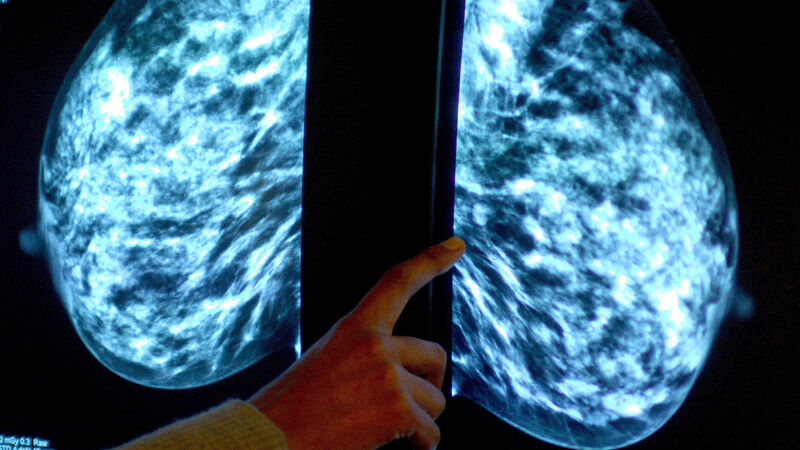Breast cancer diagnoses and deaths to surge by 2050, scientists say

Factors that increase the risk of breast cancer include getting older, inherited faulty genes and a family history of the disease.
Breast cancer diagnoses and deaths are projected to surge worldwide by 2050, the World Health Organization’s cancer agency has said.
Globally, one in 20 women will be diagnosed with the disease in their lifetime, with cases up 38% and deaths up 68% over the next 25 years, according to an analysis by the International Agency for Research on Cancer (IARC).













